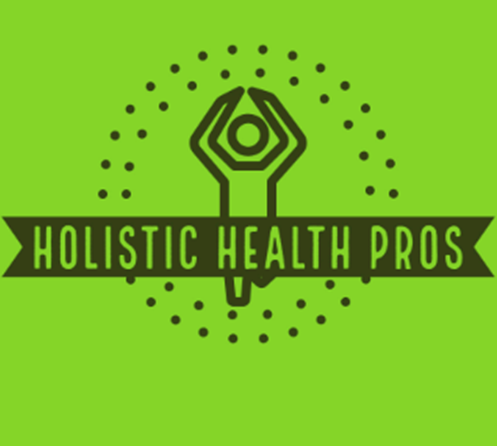The Prevalence of Rare Diseases
Rare diseases, affecting fewer than 1 in 2,000 people, collectively impact 1 in 17 individuals at some point in their lives. Despite their prevalence, those living with rare diseases often grapple with feelings of isolation and a lack of support. The challenges faced by this community are not only local but extend globally.
In Northern Ireland, a pioneering online survey conducted Centre for Public Health of Queen’s University Belfast in the spring of 2017 sought to delve into the information and communication needs of individuals with rare diseases. The findings shed light on the urgent need for a coordinated and transparent approach to improve medical care, create supportive networks, and raise public awareness.
Aligned with global outcomes, the study emphasizes the practical issues faced by individuals living with rare diseases. It calls for ongoing research to evaluate changes and ensure the development of effective structures and mechanisms that improve communication and information systems for this community.
Exploring Complementary and Alternative Medicines (CAMs)
In a follow-up effort, the research team also delves into the perspectives of stakeholders, including individuals with rare diseases, carers, family members, CAM practitioners, and healthcare professionals, regarding the usage of CAMs for rare diseases in Northern Ireland.
CAMs Effectiveness and Challenges
The survey, conducted in January-February 2019 with 29 responses, reveals that patients with rare diseases find CAMs effective in managing their conditions. Patients with rare diseases reported CAMs as effective in the management of their condition, in particular acupuncture, dietary supplements, herbal medicines, homeopathy, hydrotherapy / swimming, kinesiology, mindfulness, Pilates, reflexology, tai chi, and yoga.
In this study, seven survey respondents experienced a negative side effect from CAMs. Workshop participants raised the lack of information available about CAMs and rare diseases.
Access and Equality Concerns
The survey and subsequent workshop in March 2019 identified an inequality of access to CAMs, mainly due to their perceived expense. Participants expressed a desire for more CAM therapies to be available within the UK National Health Service (NHS).
Conclusion
The study on CAMs underscores the positive impact these complementary approaches can have on managing rare diseases. However, it highlights the importance of addressing information gaps, ensuring safety, and striving for equal access. Improved communication, information dissemination, and overall healthcare can empower individuals to make confident and informed decisions about therapeutic options related to their rare diseases.
As research progresses, these findings serve as beacons guiding the way toward a more inclusive and compassionate healthcare landscape for those navigating the challenges of rare diseases in Northern Ireland.

